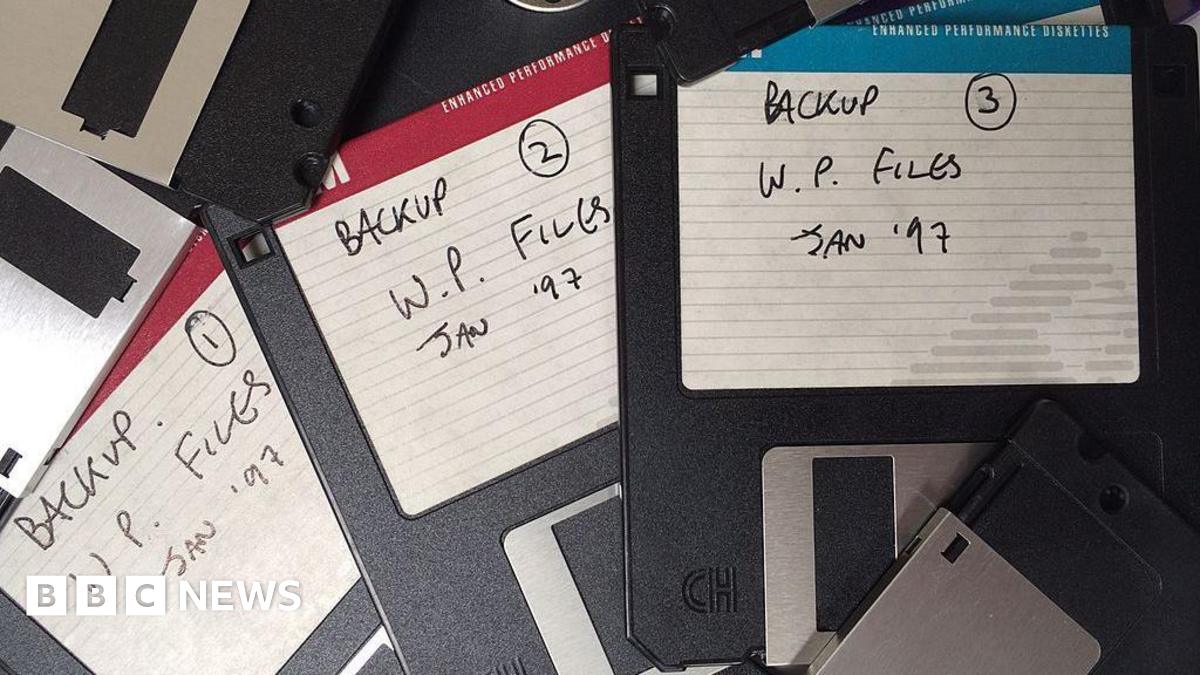- cross-posted to:
- futurology
- cross-posted to:
- futurology
We’re only 5 years on from the US defense system relying on 8 inch floppy disks (out of production since the 80s), and Sony only stopped producing Betamax in 2015.
Formats have long hidden lives when enough money gets spent on their implementation.
I’m an electronic security tech. I’ve installed alarm systems in 2024 whose design hasn’t changed since the 80s. If they want “modernized” remote control over a network, they usually slap on some sort of external unit like a cell radio or Ethernet adapter that does the translation to the decades-old protocols.
We still have to program the damn things with a USB to RS-232 adapter too.
I got to leave RS-232 behind a couple years ago when I no longer needed to maintain my own rack switches. My condolences.
It might be old and slow, but I love RS-232. It works on every platform, you can write a client or server in just about any programming language in a handful of lines (and understand what they all do). I’ve literally made working RS-232 connections with paperclips and scotch tape. After the corpo wars when we’re all computing on salvaged tech you’ll come to appreciate it.
Not just programming languages either, the hardware side is dead simple too. You can literally implement it in a few lines of VHDL or similar language on an FPGA.
It’s like telnet, I’m happy to know its there when I need it but I’d rather not need it.
I know of a door access control company that’s replacing systems from the 90s. The architecture back then was to have one central box that spiders out to each door. The doors only have an electric latch and a scanner.
Which isn’t how you’d design it today. That one box is a central point of failure for the whole building. You’d have microcontrollers at point of use that can cache access data and operate on their own if the server goes down. But these places want it to work like the old stuff, so it’s still designed that way.
RS-232 isn’t going away anytime soon. It’s so simple that any microcontroller can use it.
old doesn’t mean bad.
Plus honestly I miss the certainty of screwing my cable in.
Many Japan businesses still require official documents to be endorsed using carved personal stamps called hanko, despite the government’s efforts to phase them out.
Please submit your résumé in cuneiform.
Perhaps because they still work?
And, unlike flash storage, magnetic media can retain data indefinitely when stored without power.
magnetic media can retain data indefinitely when stored without power.
That is not true. Old floppy disks often do not work anymore (old as in 15-20 years unused).
It is true. I said can retain data indefinitely, not will retain data forever.
(And in any case, being pedantic here misses the point.)
All indefinitely means is “not certain”. So it could mean a week… Or a century.
These disks are pretty well understood. You should be good for a decade. At about 12-13 years it’s risky and anything after 15… If it’s still working, count yourself lucky.
Sounds more like war on a bunch of legacy regulation that needed to be updated requiring their use.
In Canada I think fax machines are still prevalent. Let’s get rid of those insecure devices too.
It’s privacy regs. Fax machines are as insecure as ever, and that’s the point: it doesn’t get worse while ciphers retire constantly. So while this years it’s SHAx that dies, fucking fax machines’ threat is statically bad.
Reliably bad is reliable, I guess.
I say this while having been one of those people who got a raft of fax spam from a clinic who flubbed the numbers.
Threats understood are more easily mitigated.
Also sometimes things like fax are used because of the laws protecting those wires
Most government shit regardless of country is using outdated as fuck tech. Budgets don’t work like the open market. There is no such thing as ROI for a government.
Tbh I’ve only praise for any interactions I’ve had with British govt websites through government gateway.
Don’t a lot of offices / businesses in Japan still use fax machines and such on the daily? (Or am I dumb?), I don’t really find this suprising, despite the fact we associate Japan with high tech, most places take an “if its not broken don’t fix it” attitude to tech and tend to use a lot tech of what is considered obsolete because it still works for their needs.
I mean half the global banking sits a top a layer of COBOL because no one dares feck with it, it works and it would probably cost way to much to update to a more modern language, they just apply the occasional sacred oils and incantations to the machine god and prey that it does not explode.
Or maybe they just really liked that thunky noise when poping one in, it is pretty satisfing /s
That’s so outdated… I guess they’re just full of old people
If you actually voted, you’d know that and, if desired, could do something about that. So many people here don’t vote.
Presumably there was a crazy second hand market if they went out of production in 2011?
Or they just stocked up beforehand knowing it was coming to an end.
The IRS still uses Assembly and COBOL.
Lul, there was this too, for San Francisco’s BART.









